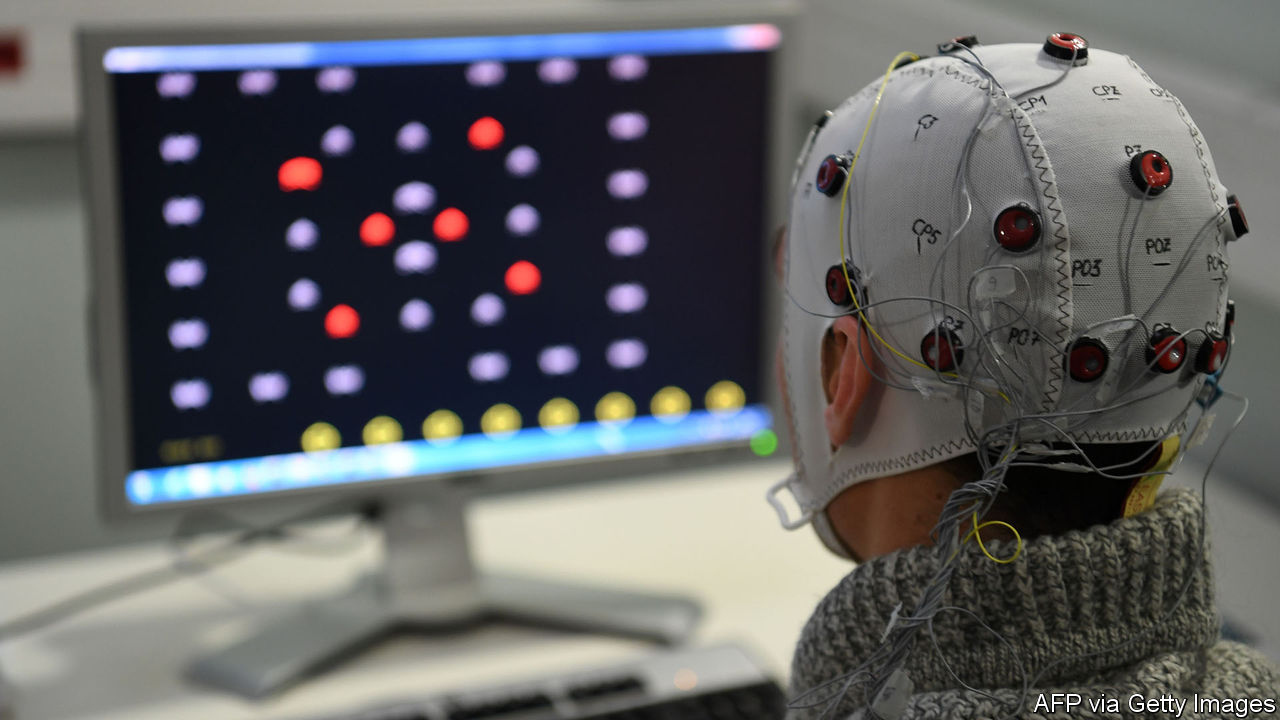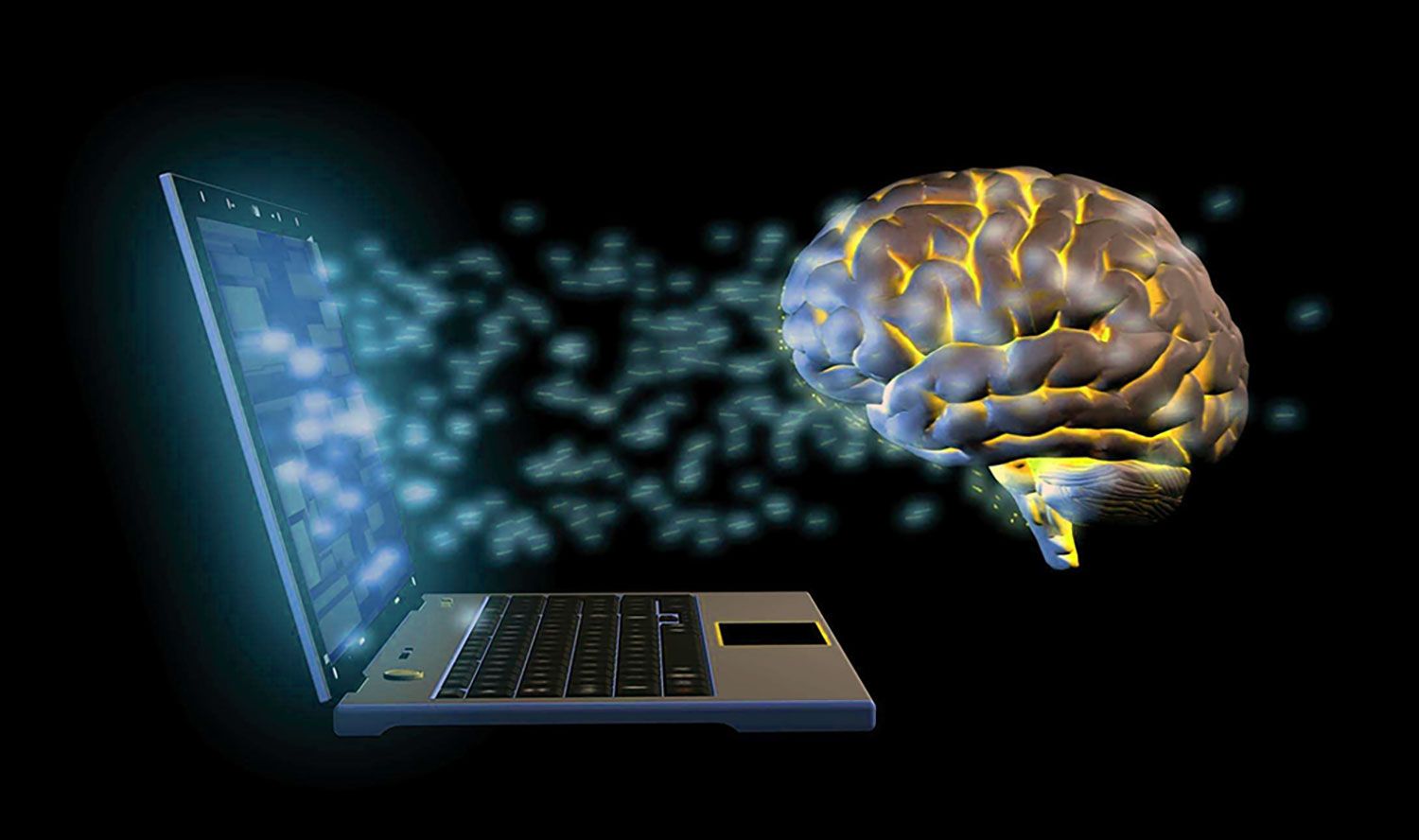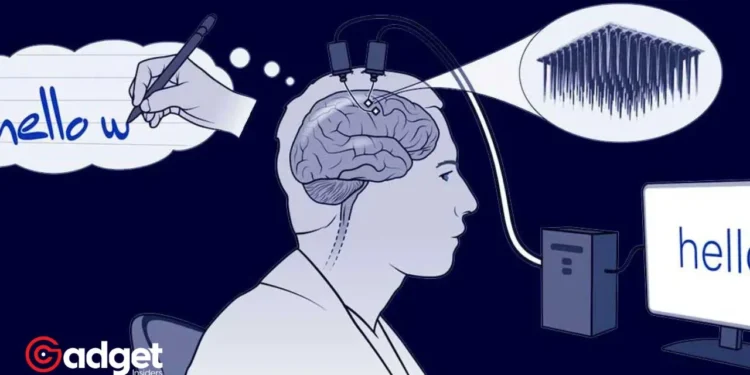In the rapidly evolving world of technology, two of the industry’s most prominent figures, Mark Zuckerberg of Meta and Elon Musk of Neuralink, offer contrasting views on the development and adoption of brain-computer interfaces (BCIs). As these devices inch closer to becoming a reality, the perspectives of these leaders highlight a cautious yet optimistic outlook on the integration of technology with the human brain.

Mark Zuckerberg: The Skepticism Surrounding Early Adoption
Mark Zuckerberg, the visionary CEO behind Meta (formerly known as Facebook), shared his reservations about diving headfirst into the world of BCIs, particularly those that require implantation into the human brain.
During a revealing conversation on the “Morning Brew Daily” podcast, Zuckerberg expressed his hesitation, stating, “I wouldn’t want to use Version 1 of that.” This sentiment underscores a broader caution among tech leaders regarding the premature adoption of invasive technologies. Mark Zuckerberg elaborated on his vision of a less invasive, yet equally innovative approach to neural interfaces.
Unlike the brain chips that Elon Musk’s Neuralink is exploring, Mark Zuckerberg imagines a future where non-intrusive devices could enhance human capabilities without the need for surgical implantation. His interest lies in developing technologies like a wristband that employs artificial intelligence to interpret hand gestures, allowing users to communicate with devices through mere thought.
There were some awesome debates and discussions over the ethics and future applications of brain computer interface technology at our first TEDTalk Monday! pic.twitter.com/KWMsS7W4uU
— UConn First Summer (@UCFirstSummer) July 10, 2018
Elon Musk: Neuralink’s Ambitious Endeavors
On the other side of the spectrum, Elon Musk’s Neuralink has been making headlines with its groundbreaking work on brain implants. Last month, Musk announced the successful implantation of Neuralink’s chip into a human patient’s brain for the first time, marking a significant milestone in the project’s development.
Neuralink’s ambitions extend beyond facilitating human-device interaction; Musk envisions the technology as a potential solution to neurological disorders such as autism and schizophrenia, though this claim is met with skepticism from the scientific community.
Experts in brain research caution against overly optimistic promises of curing complex neurological conditions through BCIs. They argue that while Neuralink’s technology could offer new avenues for assisting paralyzed patients, it is unlikely to ‘solve’ the inherent complexities of brain anomalies or alter its developmental architecture.
The Road Ahead for Brain-Computer Interfaces
The dialogue between Mark Zuckerberg’s and Elon Musk’s divergent approaches to BCIs highlights a critical juncture in the intersection of technology and human cognition. While Musk charges ahead with Neuralink’s invasive chip implants, Zuckerberg advocates for a more cautious, non-invasive path forward with Meta’s AI-powered wristband.

This conversation between two of the tech world’s giants not only sheds light on the potential future of BCIs but also reflects the broader ethical and practical considerations that accompany the integration of advanced technologies into the human body.
As these devices continue to develop, the tech community and the world at large will be watching closely, eager to see how these visions for the future of human-computer interaction unfold.
The journey towards fully realizing brain-computer interfaces is fraught with challenges, excitement, and a diversity of thought among industry leaders. As Meta and Neuralink forge their paths, the dialogue between cautious optimism and ambitious innovation will undoubtedly shape the future of how humans interact with technology.










